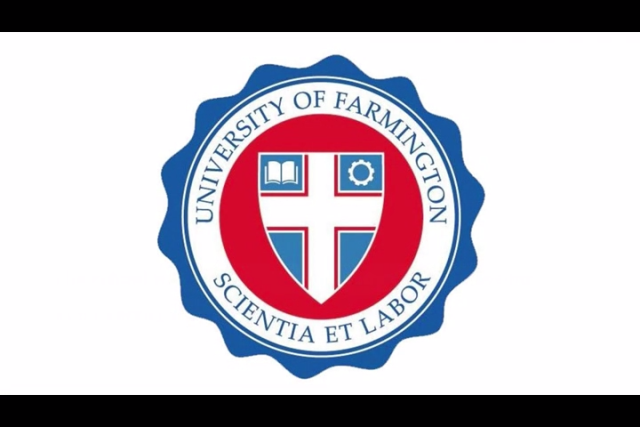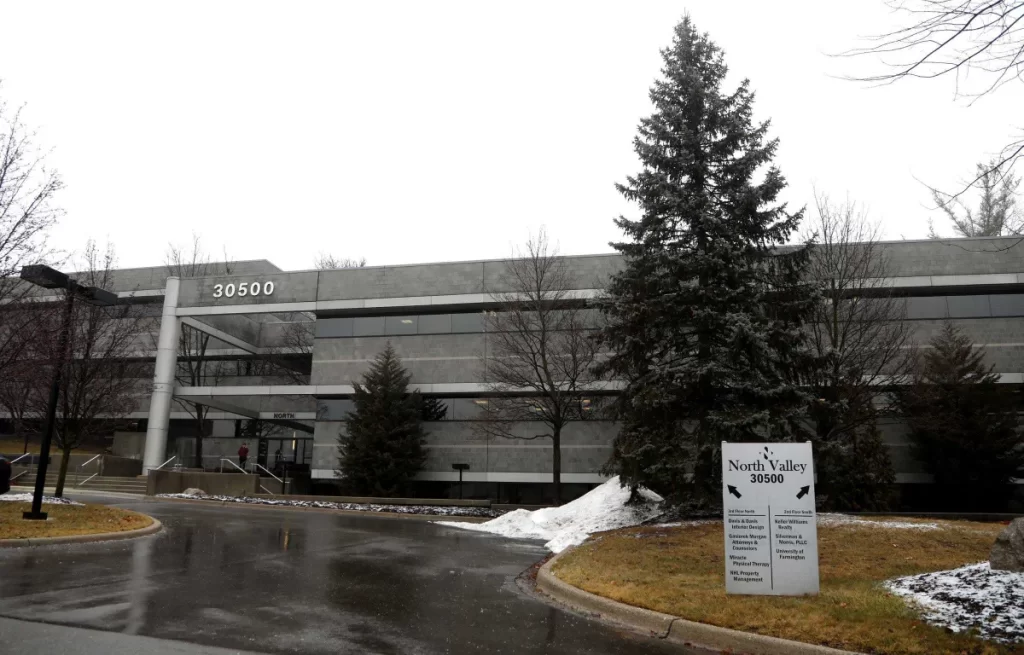In a significant legal development, the U.S. Court of Appeals for the Federal Circuit has overturned a lower court’s decision, allowing a lawsuit against Immigration and Customs Enforcement (ICE) to proceed. The case, centered around the fictitious University of Farmington, was filed by Teja Ravi, an Indian citizen who unknowingly enrolled in the fake institution set up by ICE as part of an undercover operation targeting student visa fraud.

The University of Farmington, established by ICE in 2015, came to public attention in 2019 when eight individuals were indicted in Michigan on charges of visa fraud and “harboring aliens for profit.” This sting operation, aimed at uncovering immigration fraud, offered no classes, curriculum, or educators, yet successfully attracted unsuspecting international students.
Ravi, who was living in Houston at the time, applied to the fake school in 2018 and paid $12,500 in tuition fees, believing it to be a legitimate higher education institution. Upon discovering the truth, Ravi filed a class-action lawsuit on behalf of himself and other affected students, alleging breach of contract. The lawsuit claims that the government neither provided the promised education nor refunded the tuition fees.

The appeals court’s opinion highlighted the government’s failure to rectify the situation, stating, “The government’s operation eventually came to light, but the government neither provided the paid-for education nor gave Mr. Ravi his money back.” This ruling reverses the lower court’s dismissal of the case and sends it back for further proceedings, potentially opening the door for other affected students to seek restitution.
ICE has acknowledged the school as a sting operation, describing it as an “illegal pay-to-stay scam.” The agency ceased operating the fake university in 2019. Eight defendants involved in the scheme were charged and later sentenced to prison terms ranging from 6 months to two years.
Ravi, who was not charged in the investigation, had enrolled hoping to earn a master’s degree in information technology. After the exposure of the fake school, he returned to India. The appeals court’s decision delved into complex legal territory, examining whether the government, while conducting a sovereign function like a criminal investigation, was engaging in an agreement similar to those formed by private parties.

This ruling has significant implications for international students and raises important questions about the methods used in immigration enforcement. It highlights the tension between national security concerns and the rights of individuals, particularly in the context of higher education and immigration.
The case also underscores the vulnerabilities faced by international students in the U.S. education system and the potential for abuse in immigration enforcement tactics. As the legal proceedings continue, this case may set important precedents for government accountability in undercover operations and the protection of innocent individuals caught in the crossfire of immigration enforcement efforts.
NBC



